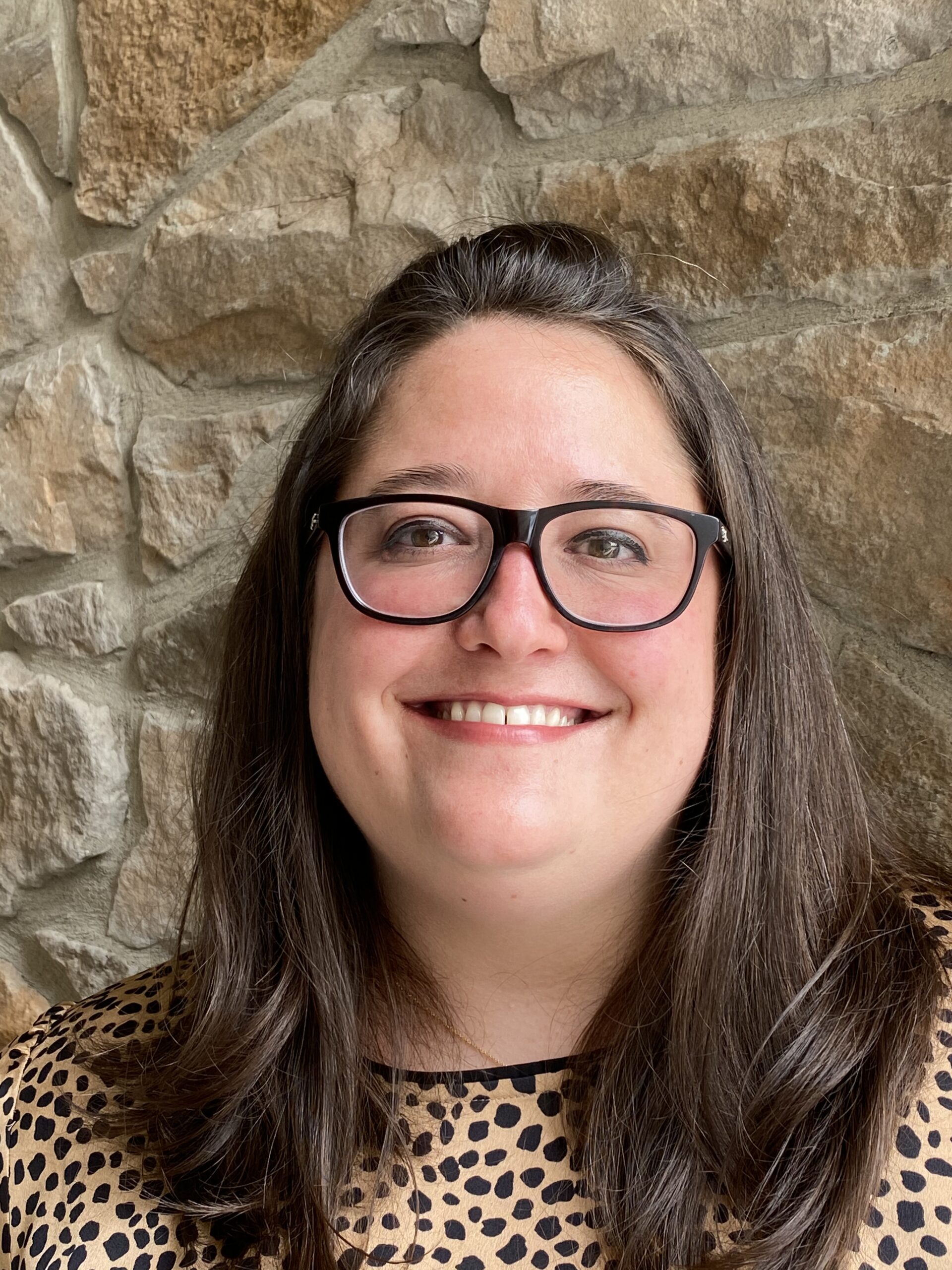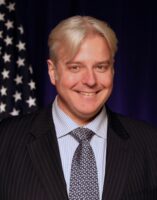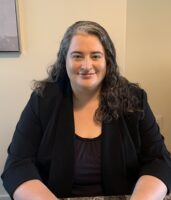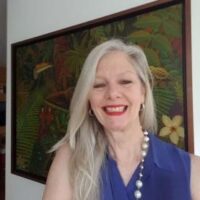Dr. David Norman received our 2022 Denmark Project Award to conduct research on post-colonial Inuit arts and their critical relevance to global art movements. Dr. Norman’s work historicizes the continuity between Greenlandic artists who used art as a way of political activism before 1979 and the contemporary artists who challenged stereotypical views of Greenlandic arts in the 1980s and 1990s. On his return to the United States, David will work on his current book-in-progress, Home Rule Contemporary: Experimental Art and Self-Determination in Kalaallit Nunaat, which seeks to position Greenlandic art in the center of contemporary art history.























